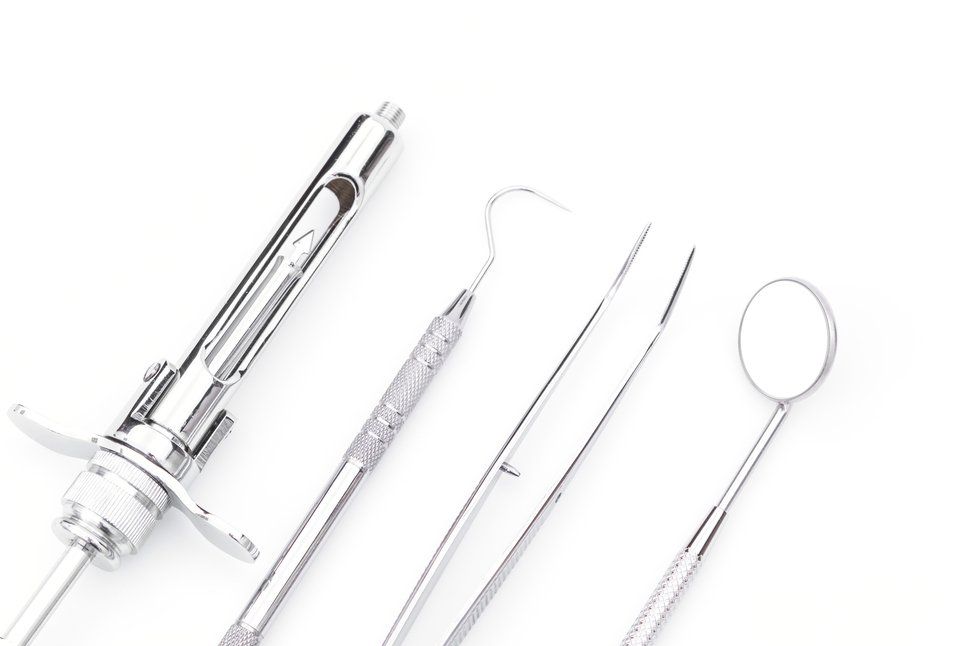Wisdom Teeth Removal In Montebello

SPECIALTY DENTAL GROUP
Offers dental implant placement, full-arch restoration,
corrective jaw surgery and more to patients in Montebello, CA.
Montebello Oral Examination for Extraction of Wisdom Teeth
With an oral examination and x-rays of the mouth, Specialty Dental Group Doctors can evaluate the position of the wisdom teeth and predict if there are present or future potential problems.
All outpatient surgery is performed under appropriate anesthesia to maximize patient comfort. Our doctors are trained, licensed, and highly experienced in providing various types of anesthesia for patients.
Wisdom Teeth Removal FAQ
Wisdom teeth removals are a standard procedure for oral surgeons, whereas patients approach it with plenty of questions. Below are the most frequently asked questions patients have regarding their wisdom teeth extraction. If you have a question not answered here, call our office to speak with a friendly team member.
